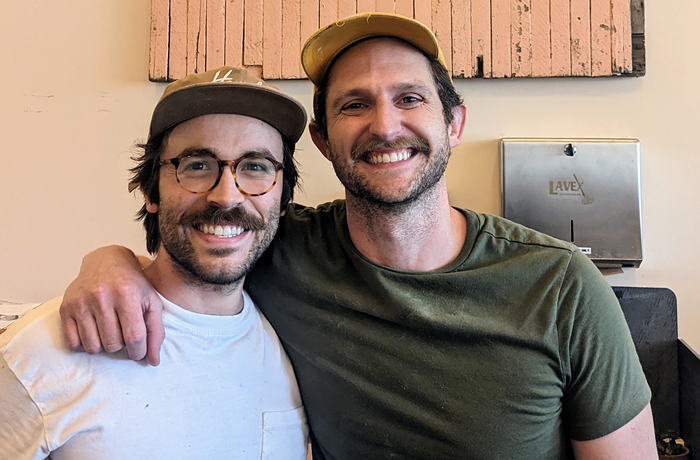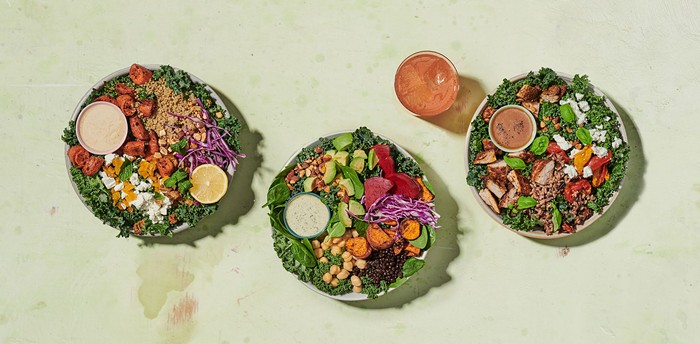
- A rooster by any other name...
Although the concept of urban farming has garnered a lot of support in Seattle, it has not been achieved under the city’s current land use code, said Andrea Petzel, a planner in the Seattle Department of Planning and Development (DPD) who is overseeing the project. “We have horticulture uses, but urban farms and community gardens are two new things,” Petzel said. The City Council asked the DPD to look at code barriers to urban agriculture as part of the Local Food Action Initiative passed in 2008. “We did not have the right definitions for some uses and a severe lack of places where food could be grown and sold,” Petzel said.
In spite of DPD having developed a whole fleet of radical changes, the part that has garnered the most excitement among Seattleites are urban chickens and roosters, Petzel said. DPD’s proposal would increase the number of chickens per household from five to eight. DPD also called for a ban on roosters, something Petzel said it thought would be in line with “best practices in other cities.”
But rooster lovers in Seattle complained, and a family even brought their pet rooster Birdie to a City Council meeting last month to boast about its positive traits. “We did not anticipate that kind of backlash,” Petzel said.
DPD’s rooster ban proposal will be removed. Council President Richard Conlin has introduced separate legislation which will allow roosters to remain in Seattle. "I am not sure whether I am ready to take the negative action of banning them when they are currently already permitted in the city," Conlin said when reached by telephone. "I am concerned about the fact that there are some people who have them and what would they do if they were now banned—would the roosters be abandoned, would they be kept illegally? Whatever, I don’t know. It doesn’t seem appropriate to me to take away something that people currently have." Conlin said he was considering a compromise which might grandfather existing roosters and not permit additional ones because "a lot of people" were disturbed by their crowing.
More after the jump
In 2009, 43 million U.S. households grew their own fruits, vegetables, berries and herbs, up 19 percent from 2008.
The main purpose behind small scale urban agriculture, Petzel said, is to encourage people to start growing their own food and build sustainable communities. (According to DPD, Between 12 to 20 percent of Seattle residents experience some degree of food insecurity. Approximately 63,000 Seattleites can be classified as food insecure and 31,500 as hungry).
Kathryn Jean Morris defended urban roosters on the DPD website, asking whether people preferred "the stench and roar of autos, trucks, and buses” to a rooster cock-a-doodle-dooing. "This is not Mexico, and we are not on vacation..." shot back another commenter, who complained about his neighborhood rooster waking him up early in the morning.
“Hopefully the whole meeting will not be about chickens and roosters, and we will be able to talk about other things as well,” said Petzel. Conlin stressed that roosters were a very minor part of the legislation even though it had received a lot of attention. "The real meat of the legislation is the various land use proposals that are going to make a huge difference in terms of being able to produce local food efficiently and effectively," he said.
The proposal would allow urban farms of up to 4,000 square feet as an accessory use in residential areas without a permit. The food grown there could be sold on the site. Bigger farms would require a conditional use permit. There would be no size restrictions for farms in commercial zones. Rooftop farming and vertical gardening would be allowed in industrial zones. The proposal would also allow greenhouses used for food production to be built 15 feet taller than the permissible height limit in all zones except single family.
Noelani Alexander, who has been growing food in people's backyards for local sale said the new policy would be a huge benefit. "It's a little intimidating, even though the policy is we shouldn't do it I am thinking who is going to enforce it," she said of the current situation. Alexander is part of an urban farm operation called City Grow and Harvest Collective, a cooperative which sells the produce.
So far, she has developed five properties in Seattle which range between 500 to 1,500 square feet. One of her biggest gripes about farming in the city? Growing lettuce, leeks, potatoes and beets next to a driveway. "They get run over sometimes," she said.


















